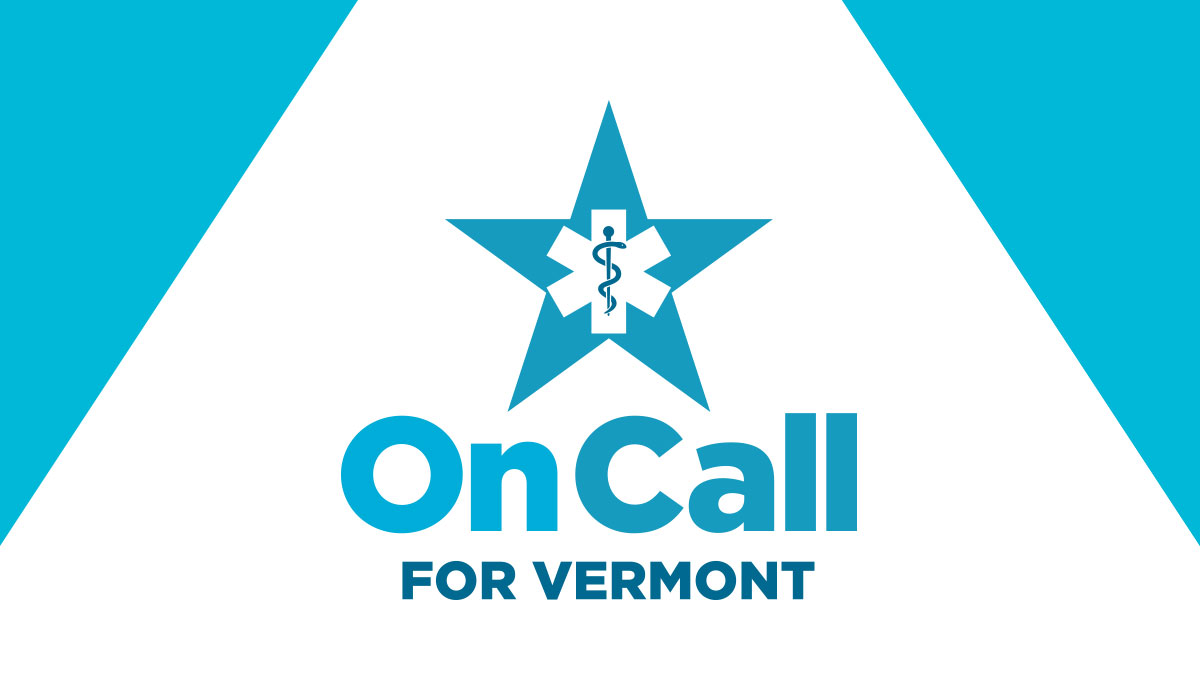On Ebola Preparedness in Vermont
October 27, 2014
Ebola is a deadly and dreaded disease that is ravaging West Africa, a part of the world that has far too little in the way of modern health care and public health infrastructure. The 2014 epidemic is the largest in history, and daily news of the continuing death toll and the extreme hardships facing the people and frontline health care workers there is heartbreaking. The U.S. Centers for Disease Control & Prevention and the international community are working heroically to stop the spread of Ebola at its source, and we must continue to dedicate resources and expertise to this effort. Brant Goode, one of our team at the Health Department, is in Liberia now, training health care workers how to protect themselves from the virus while caring for the sick.
While the epidemic is worsening each week, we are not seeing large numbers of cases in other parts of the world or here in the U.S. One of the reasons Ebola has spread so quickly in West Africa is the very fact that many communities have no clinics, hospitals or doctors – and have insufficient equipment, supplies and medicines to control infection, protect workers, and treat patients. The plain truth is that until the epidemic is controlled in Africa there will be some risk here, as we have witnessed in Dallas.
We are doing all we can to prepare for the possibility of a person with Ebola presenting to our health care system. As we prepare, it’s important to understand how very small the risk is in this country. Ebola is not easy to catch. Ebola does not spread easily like the flu or measles. You cannot get it through the air, water or food. Ebola can only be spread through direct contact with blood or body fluids from a person who is sick and showing symptoms of Ebola. A person who has no symptoms cannot spread the virus.
Ebola is a disease that is unfamiliar in the U.S., but our expertise and experience in controlling the spread of infectious disease and protecting public health is among the best in the world. In Vermont, we are communicating with hospitals and emergency departments, EMS responders, health care providers and other partners so that everyone will respond appropriately in the unlikely event Ebola comes here. We are keeping up with the latest federal guidance and widely sharing that information. We are learning from the experience of other states that have received patients, and adjusting and strengthening our protocols based on what we are learning. We want to make sure that health care providers “think Ebola” and ask patients about their travel history. We want to make sure health care providers understand and practice in advance the proper infection control measures, so they are ready to safely identify, isolate, transport and treat Ebola patients – just in case.
We expect the situation with Ebola will continue to change day by day, and we encourage Vermonters to turn to credible sources to stay informed. We offer the most current information, guidance and resources for the public and for health care providers on the Health Department’s website at healthvermont.gov.
Harry Chen, MD, Acting Secretary of Human Services
Tracy Dolan, Acting Health Commissioner
For Release: October 16, 2014
Media Contact:
Vermont Department of Health
Communication Office
802-863-7281

